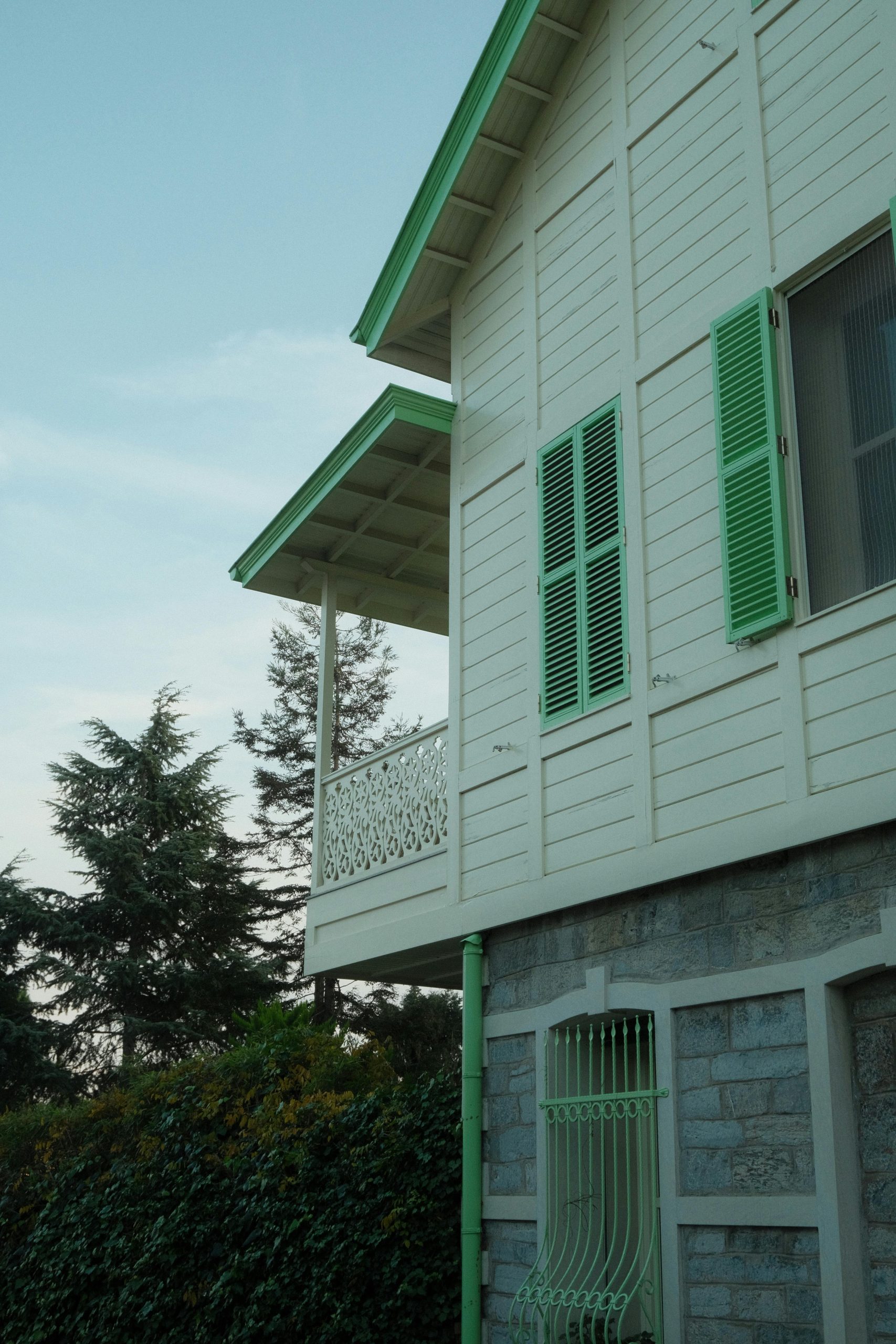Title: Navigating Insurance Disputes After Storm-Related Tree Damage
When a tree unexpectedly crashes onto your property, the aftermath can be both stressful and confusing—especially when insurance claims are involved. Recently, a homeowner faced this challenge after a tree fell onto their shed following a storm. An accredited local arborist examined the scene and attributed the fall to combined wind and rain influence. However, their insurance provider claimed the damage was solely due to rain, leading to a denial of the claim.
This situation raises important questions about how insurance companies evaluate storm-related damage and what steps homeowners can take when disputes arise.
Understanding the Discrepancy
Insurance policies often specify what types of storm damage are covered, but the interpretation of factors like wind and rain can vary. In this case, the homeowner’s arborist identified wind as a significant contributing factor, which typically qualifies for coverage under most policies that include storm damage. Conversely, the insurer’s position that only rain caused the fall has led to a denial, despite the expert assessment.
Lack of On-Site Inspection
An additional complication is that no insurance adjuster visited the property to conduct an onsite review. This omission can limit the insurer’s understanding of the incident and complicate disputes.
What Can Homeowners Do?
When facing damage disputes with insurance providers, consider the following steps:
-
Request a Detailed Explanation: Ask the insurance company for clarification on why your claim was denied, including references to specific policy provisions.
-
Gather Evidence: Compile expert opinions, such as reports from certified arborists, photographs of the damage, and weather reports during the storm period.
-
Appeal the Decision: Many insurance policies have an appeals process. Present your evidence formally, emphasizing expert assessments and the circumstances leading to the tree’s fall.
-
Seek a Second Opinion: Engage an independent arborist or storm damage expert to provide an impartial assessment, which can strengthen your case.
-
Consult Professionals: If disputes persist, consider consulting a legal professional experienced in insurance claims for guidance.
-
File a Complaint: If you believe your claim was unjustly denied, you can contact your state’s insurance regulatory agency to file a complaint or seek assistance.
In conclusion, navigating insurance disputes after storm-related damage can be challenging, but understanding your policy, collecting solid evidence, and knowing your rights can significantly improve your chances of a favorable resolution. If you’re ever in doubt, consulting with professionals and advocacy agencies



